Throughout the MCU’s Phase One, the core six members of the Avengers were introduced to moviegoing audiences (four of them in their own movies and the other two in supporting roles) ahead of their groundbreaking ensemble team-up. The one that most overtly sets up The Avengers, Captain America: The First Avenger, told the WWII-set origin story of the team’s star-spangled leader.
It’s far from a perfect movie, but as a superhero blockbuster, The First Avenger is more than fun enough to be worth the price of admission. The movie did a lot of things right, but it also got a few things wrong.
10 Right: Casting Chris Evans As Steve Rogers
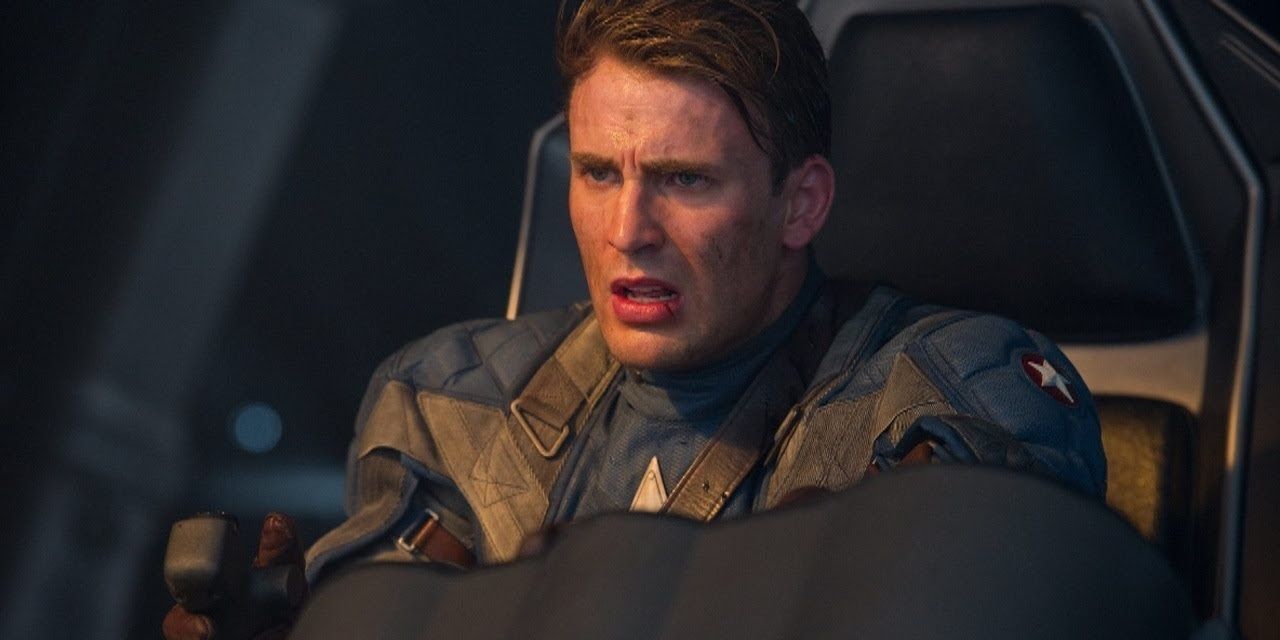
Right off the bat, the greatest creative decision behind Captain America: The First Avenger is the casting of the title role. Across his eight-year MCU character arc, Chris Evans would prove himself to be the most perfect actor to play Steve Rogers.
That arc got off to a terrific start in The First Avenger, as Evans made scenes like Steve jumping on a grenade and Cap’s sacrifice in the ice as emotionally compelling as they needed to be.
9 Wrong: Red Skull’s Thin Characterization
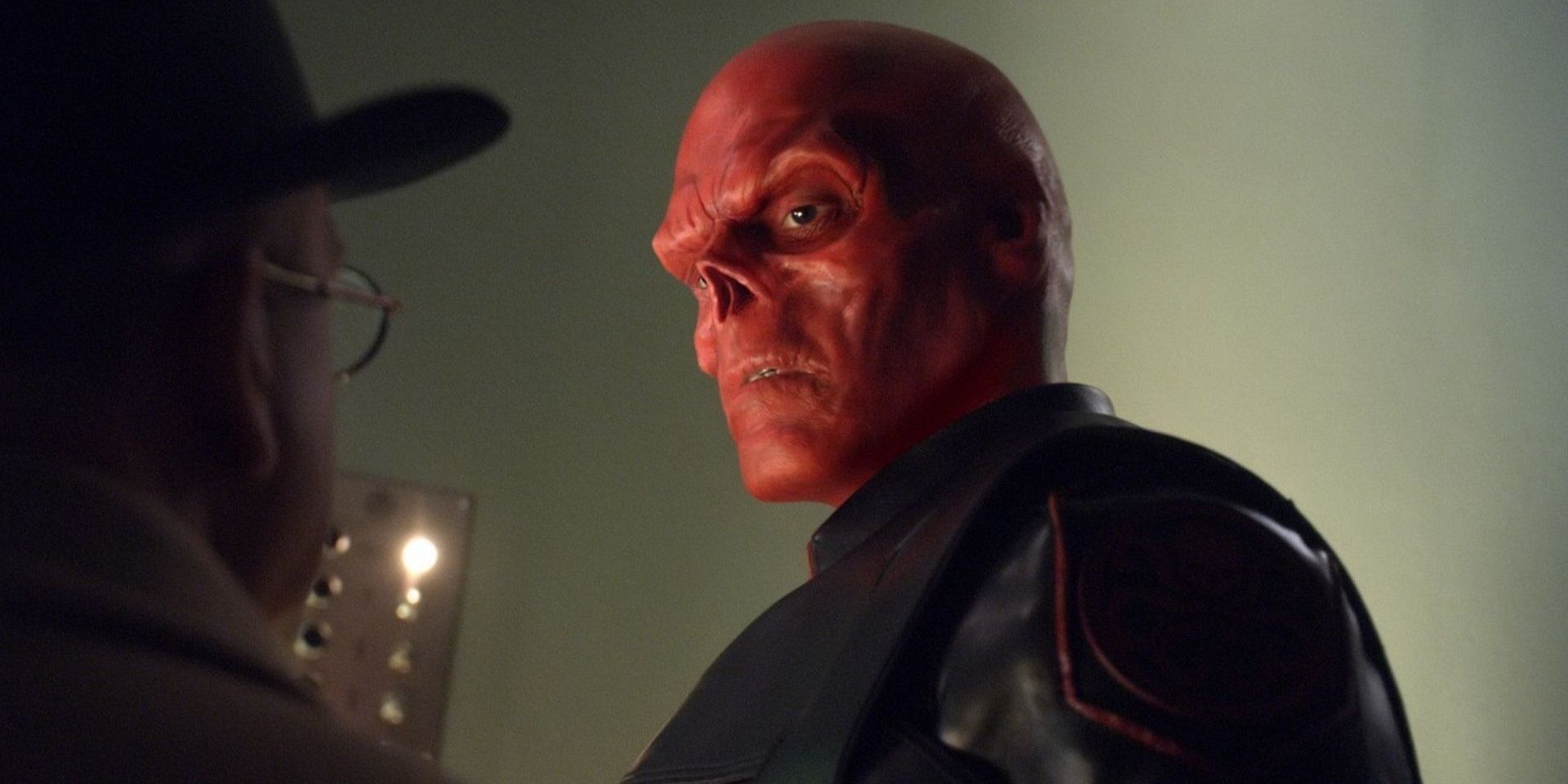
In Captain America: The First Avenger, Red Skull wants to get a hold of an Infinity Stone so that he can be an all-powerful warmonger who will win World War II for the bad guys.
How many times have we seen this kind of villain before? There are certainly more than a few in the MCU alone. Red Skull’s thin characterization in The First Avenger was an ominous early sign of the franchise’s now-infamous “villain problem.”
8 Right: Pulpy Tone
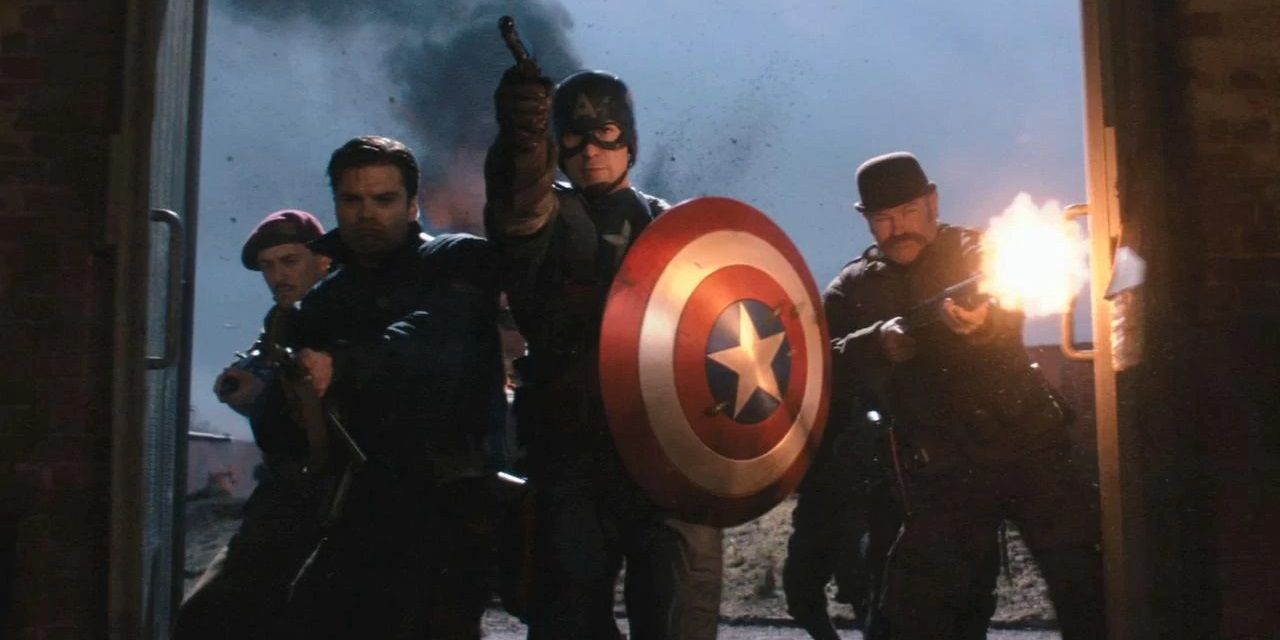
With robotic soldiers, a cartoonish villain, and no actual Nazis in sight, Captain America: The First Avenger isn’t as bleak a portrait of the horrors of the Second World War as movies like Saving Private Ryan or Dunkirk, but it didn’t need to be.
Instead of trying to tell a superhero story in a realistic World War II setting, Joe Johnston directed the movie as a comic book version of a WWII movie, with a delightfully pulpy tone.
7 Wrong: Pre-Serum Steve’s Weird CGI Body
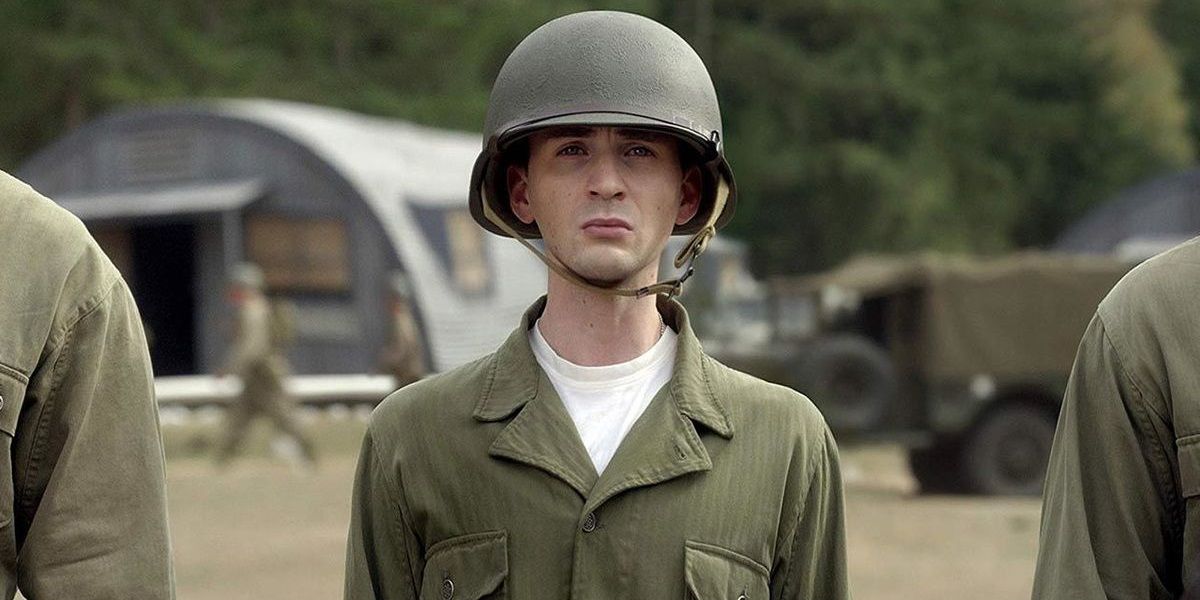
Early in Captain America: The First Avenger, before Steve Rogers is given the super soldier serum and becomes the star-spangled man, he’s short and skinny.
VFX company Lola did as good a job as they could of making Chris Evans look small and weak, but it looks completely unnatural and mostly slips into the uncanny valley, because we know he’s actually tall and musclebound.
6 Right: Creative Second Act
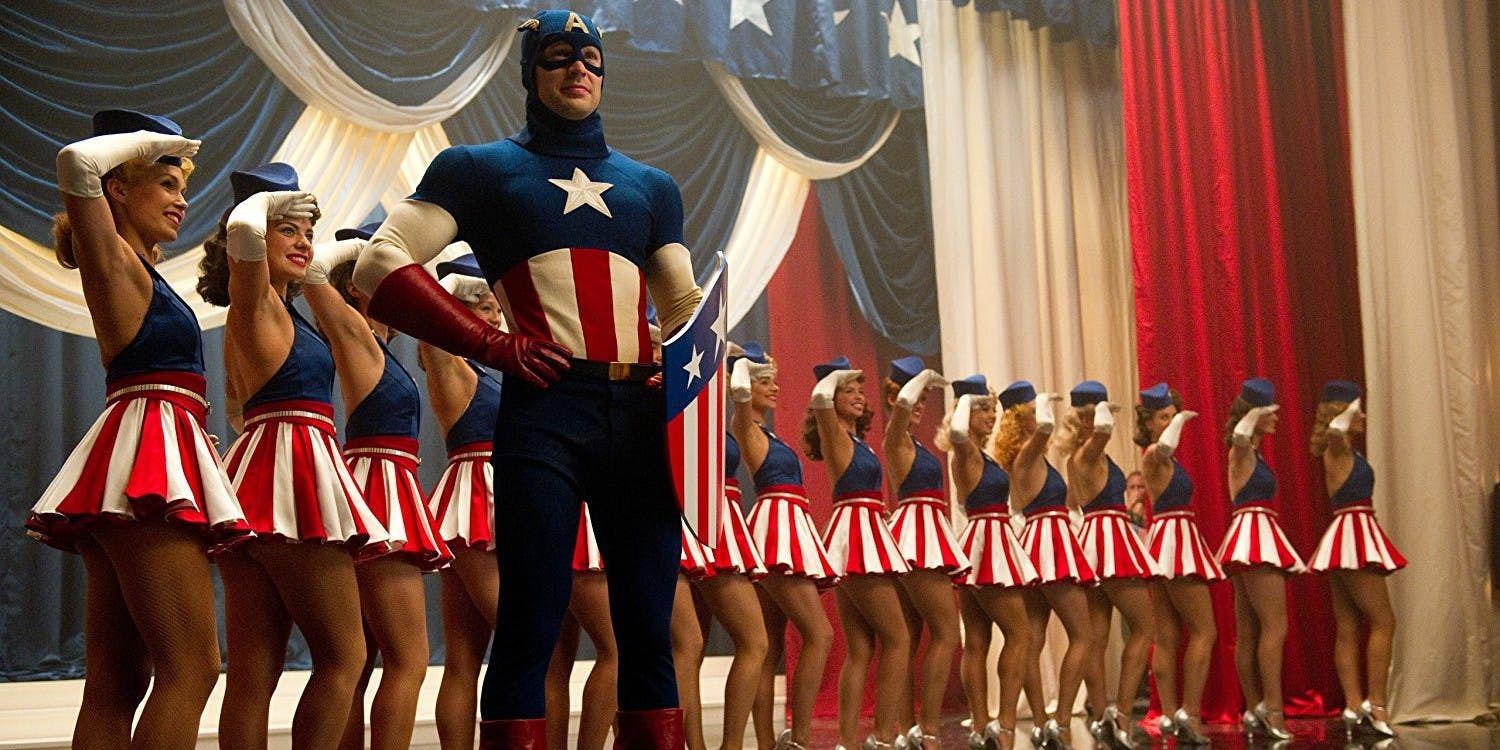
The second act is often where movies stumble – particularly Hollywood blockbusters that rigidly follow the three-act formula – because it’s both the longest and least clearly defined of the acts. The first act is all about setup and the third is all about conclusion, but the second is simply everything in between.
But the second act of The First Avenger is creative and engaging. After becoming Captain America, Steve Rogers isn’t sent out to war. In fact, the experiment is deemed a failure and he’s turned into a propaganda tool. He only gets to fight when he takes it upon himself to save some P.O.W.s at the midpoint.
5 Wrong: Stilted Pacing
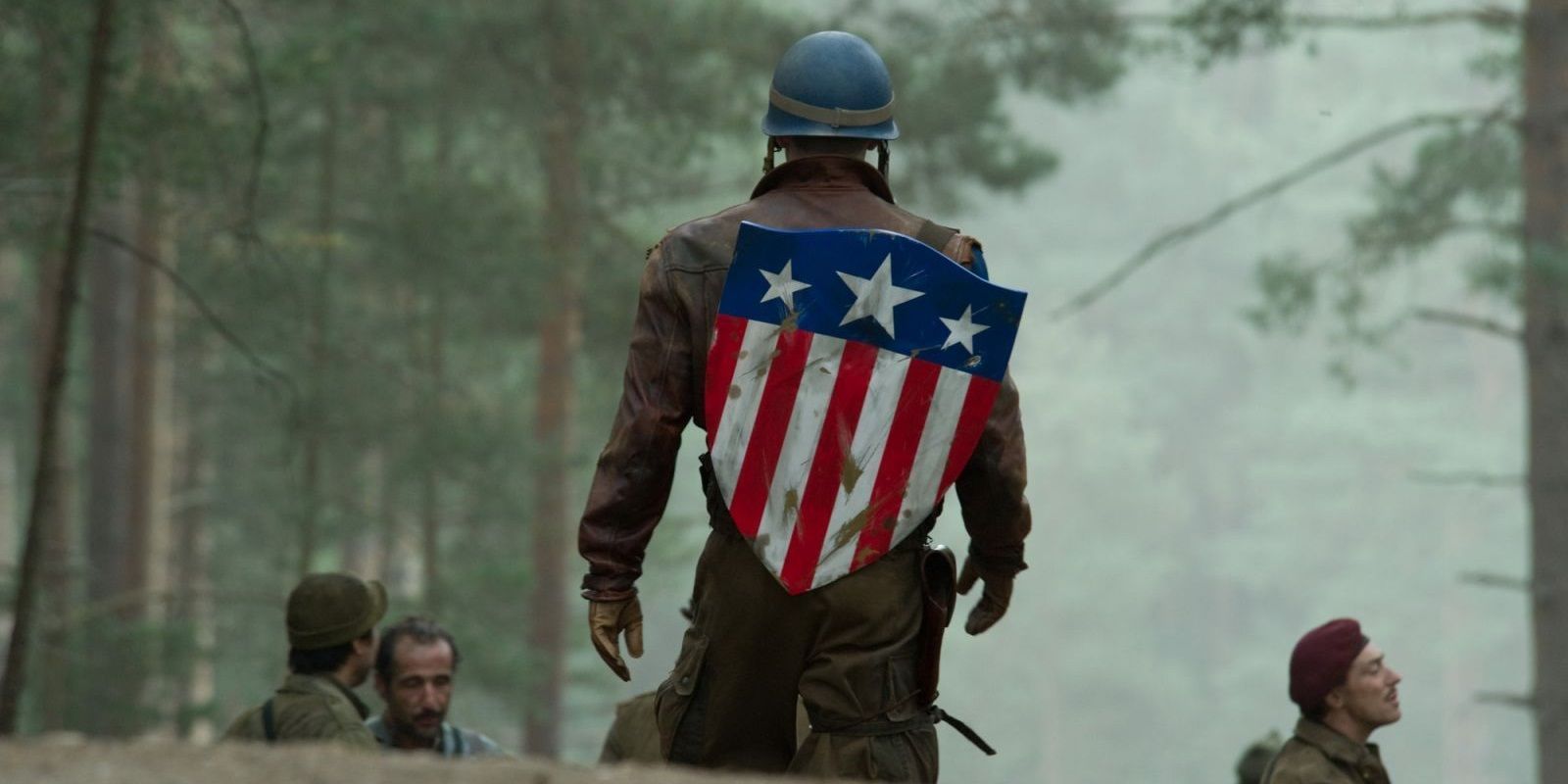
The pacing of The First Avenger can’t decide on a steady rhythm. Some plot points move at a painfully slow rate, while the movie rockets through other plot points at a breakneck pace without stopping the smell the roses.
For example, when Cap is being used as a tool of propaganda, a lot of screen time is dedicated to his moping. When he finally gets to see action, the movie skips through his early heroism in a montage.
4 Right: Scene-Stealing Supporting Actors
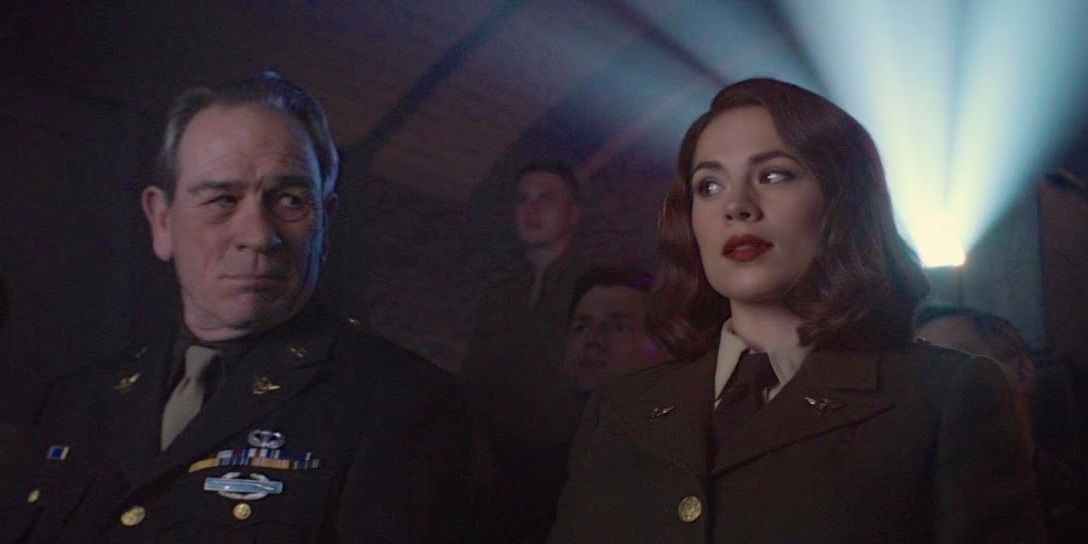
While Chris Evans undoubtedly steals the show in Captain America: The First Avenger, he’s surrounded by fantastic supporting actors like Hayley Atwell and Tommy Lee Jones giving their own riveting performances.
Plus, Sebastian Stan’s stint in the role of Bucky Barnes got off to a promising start, even if his emotionally engaging death scene ended up being a fake-out.
3 Wrong: Unnecessary 3D Conversion
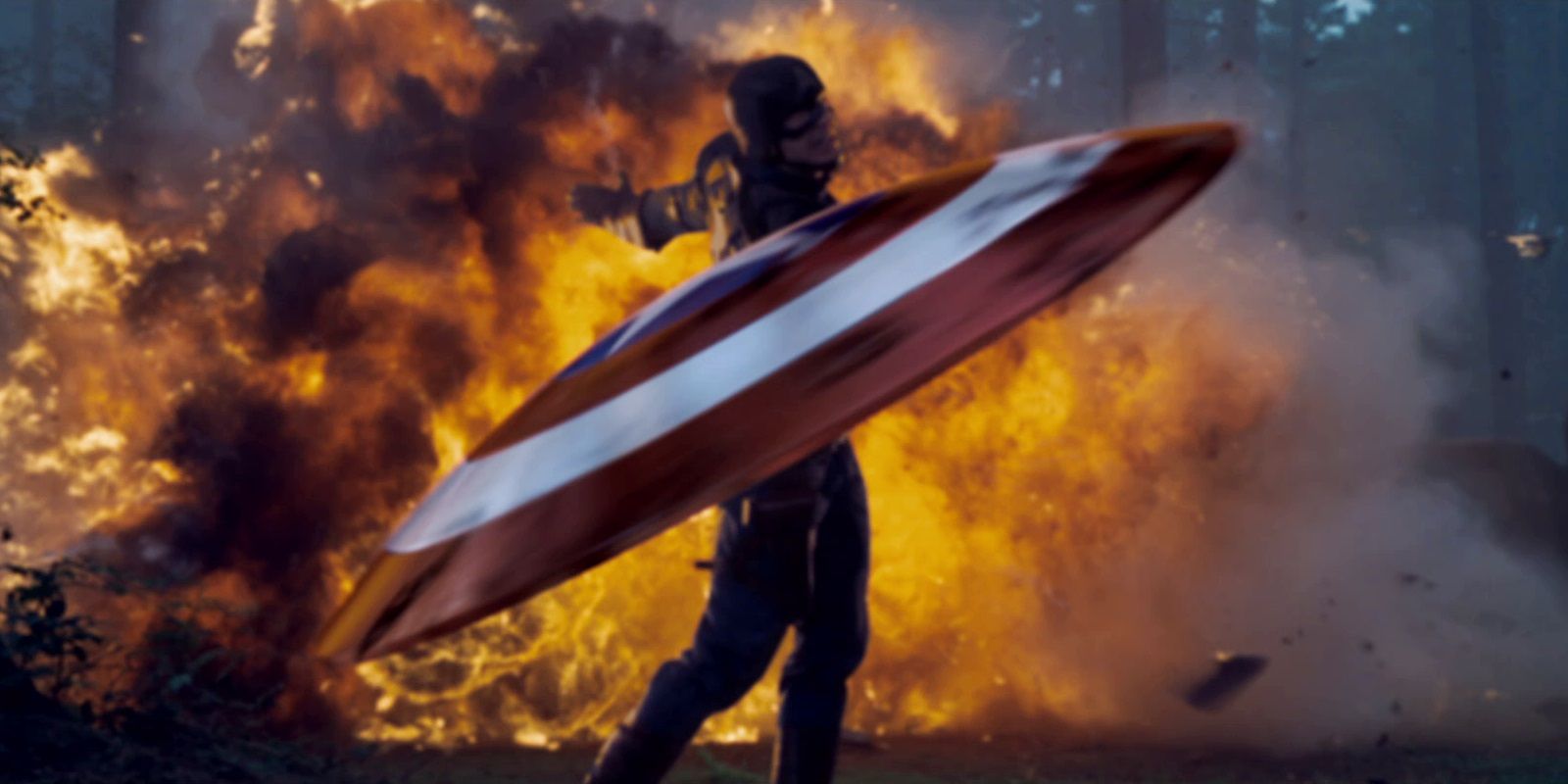
On its initial theatrical release, The First Avenger was screened in 3D, but it wasn’t shot in 3D. It was converted to 3D in post-production, and it comes off that way.
None of the movie’s 3D effects were anything to write home about – even when Cap frisbees his shield directly at the camera – so the conversion was entirely unnecessary. It’s no wonder 3D has decreased in the last few years.
2 Right: Perfect Ending
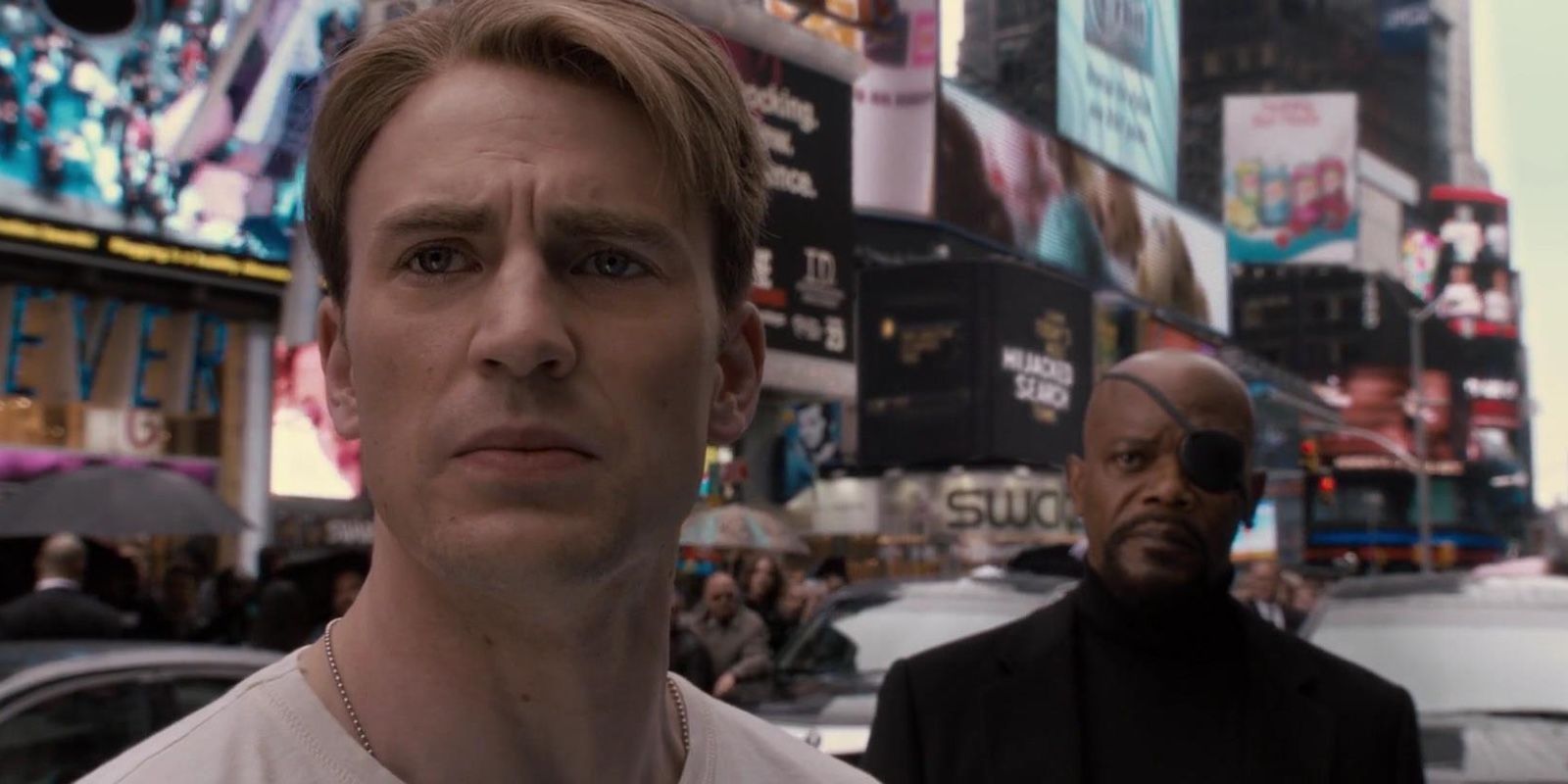
Apparently, the original plan for Captain America’s MCU debut was to set the first half of the movie during World War II before switching to the present day for the second half.
Thankfully, the filmmakers changed those plans. Cap’s sacrifice made for the perfect emotional climax, while waking up in the present day and telling Nick Fury, “I had a date,” was the perfect ending for the movie.
1 Wrong: Existing Only To Set Up The Avengers
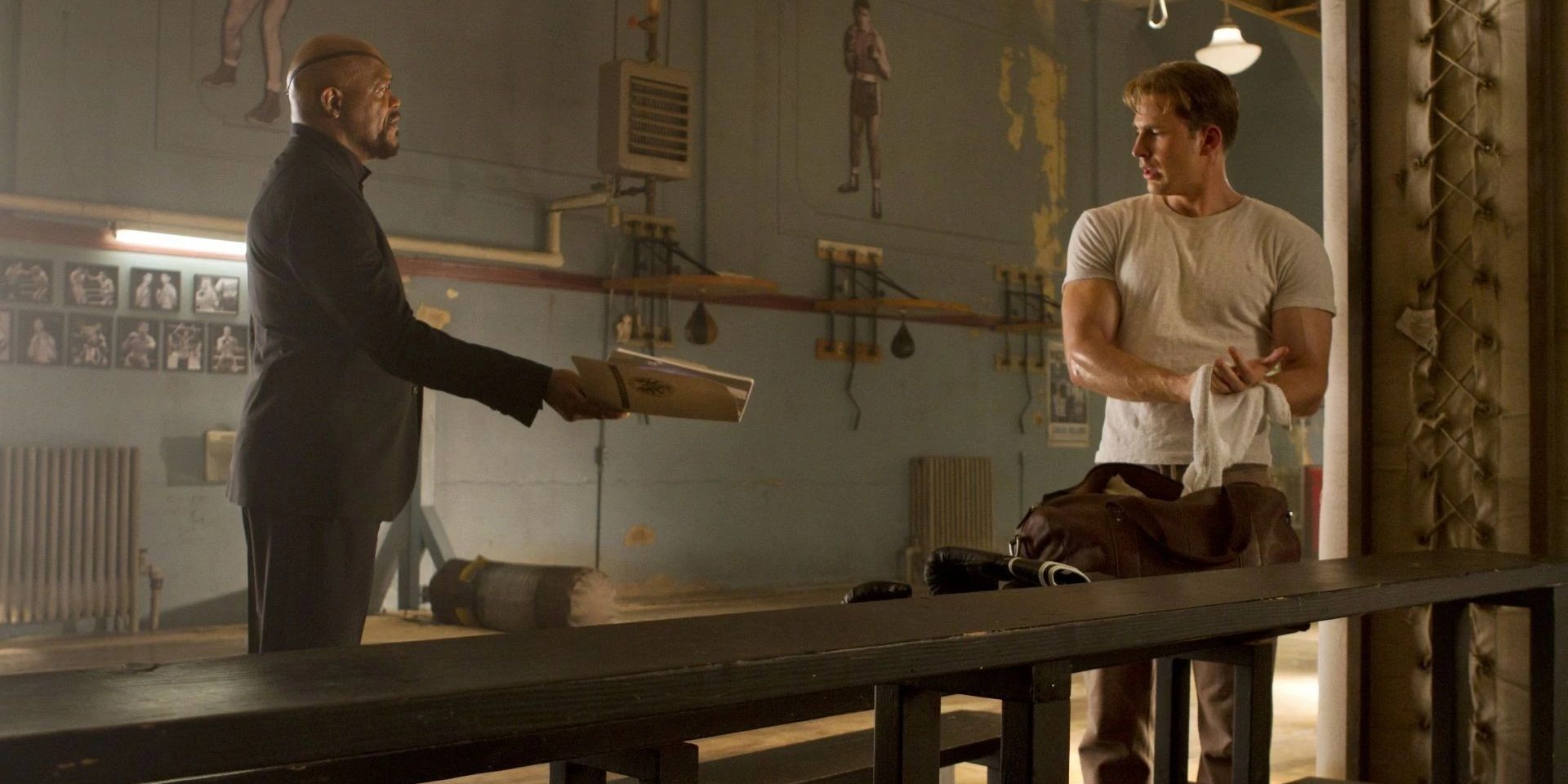
Pretty much all of the MCU’s Phase One entries leading up The Avengers serve only to set up Marvel’s ambitious supersized crossover event. It’s hard to get excited about a movie that exists only to set up a bigger, more exciting movie.
A couple of them, like Iron Man, manage to stand on their own two feet as standalone works, but as the title would suggest, that’s not the case with Captain America: The First Avenger, which at times feels like a bloated Avengers teaser trailer.
from ScreenRant - Feed https://ift.tt/3lgwMLf

0 Comments